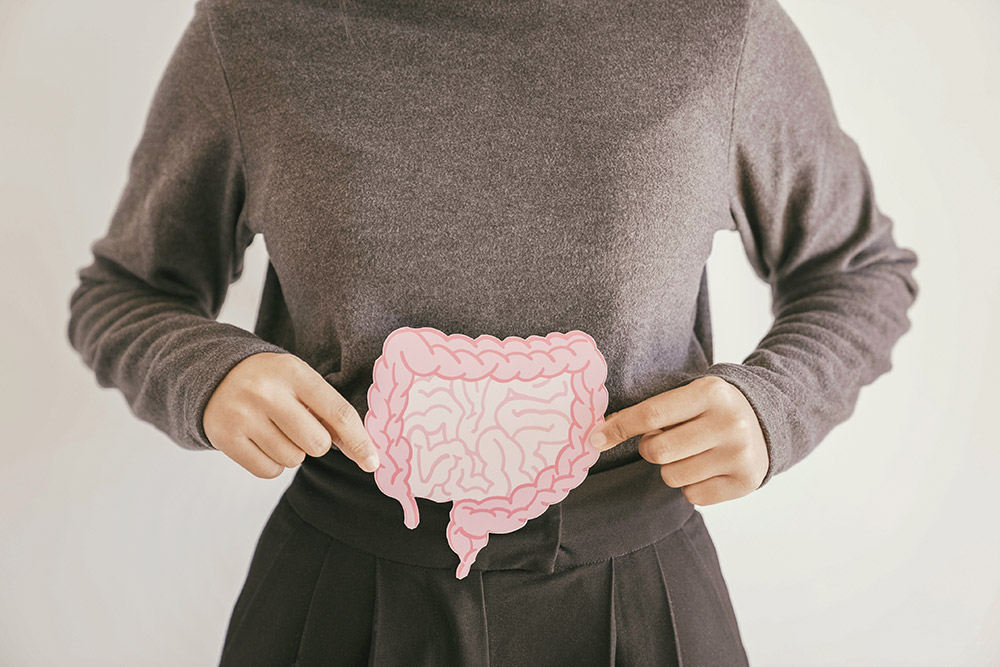What Is a Colon Polyp?
A colon polyp is a small growth that forms on the inner lining of the large intestine. While most start out harmless, some can develop into colorectal cancer over time. Early detection and removal are key to reducing your cancer risk, which is why routine screening is so important.
Common Causes and Risk Factors
- Age over 50
- Family history of colon polyps or colon cancer
- Diet high in red or processed meats
- Smoking and heavy alcohol use
- Obesity and sedentary lifestyle
- Chronic inflammatory bowel disease (e.g., ulcerative colitis, Crohn's)
Signs and Symptoms
- Often none in early stages
- Blood in the stool or on toilet paper
- Diarrhea or constipation lasting more than a week
- Abdominal cramps or discomfort
- Slow bleeding leading to iron deficiency or anemia (fatigue, weakness)
Expert Treatment for Colon Polyp by Dr. Bharat Pothuri
Dr. Pothuri uses a step-by-step approach:
Medical History and Exam
He reviews your personal and family history of polyps or colon cancer, dietary habits, alcohol and tobacco use, and symptoms such as rectal bleeding, changes in bowel habits, or unexplained anemia. A focused abdominal exam may reveal tenderness or masses.
Blood Tests
We check your hemoglobin and iron levels to detect chronic bleeding and rule out other causes of anemia that may accompany polyps.
Imaging Studies
- Colonoscopy -The gold-standard exam. A flexible camera inspects the entire colon and allows for immediate removal (polypectomy) of any suspicious growths.
- Flexible Sigmoidoscopy - A shorter scope examines the rectum and lower colon useful if full colonoscopy is not yet indicated.
- CT Colonography (Virtual Colonoscopy) - A non-invasive CT scan that reconstructs a 3D image of the colon to spot larger polyps when colonoscopy is contraindicated or incomplete.
Advanced Testing (if needed)
If biopsy is required or if polyps are flat and difficult to resect, Dr. Pothuri may employ endoscopic mucosal resection under high-resolution imaging or obtain targeted tissue samples for pathology.

Frequently Asked Questions
What is the ICD-10 code for colon polyps?
The ICD-10 code for colon polyps is K63.5, which is used for billing and medical records.
How large can colon polyps grow?
Polyps under 5 mm are diminutive, 6-9 mm are small, and any polyp over 10 mm is considered large.
Are there side effects after polyp removal?
Most patients recover quickly. You may experience mild cramping, bloating, or light bleeding, but serious complications are rare.
When should I get my next colonoscopy?
Follow-up timing depends on the number, size, and pathology of your polyps. Dr. Pothuri typically recommends a repeat exam in 3 to 5 years.
Can a healthy diet lower my risk of new polyps?
Yes. A diet high in fiber-fruits, vegetables, and whole grains-and low in red and processed meats supports colon health and may reduce polyp formation.
Do I need a colonoscopy if I have no symptoms?
Yes. Most polyps cause no symptoms. A screening colonoscopy is the best way to detect and remove them early, before they can become cancerous.
Where can I learn more about colon polyps?
For trusted information, visit the American Cancer Society at cancer.org or talk with Dr. Pothuri during your GastroDoxs visit.












